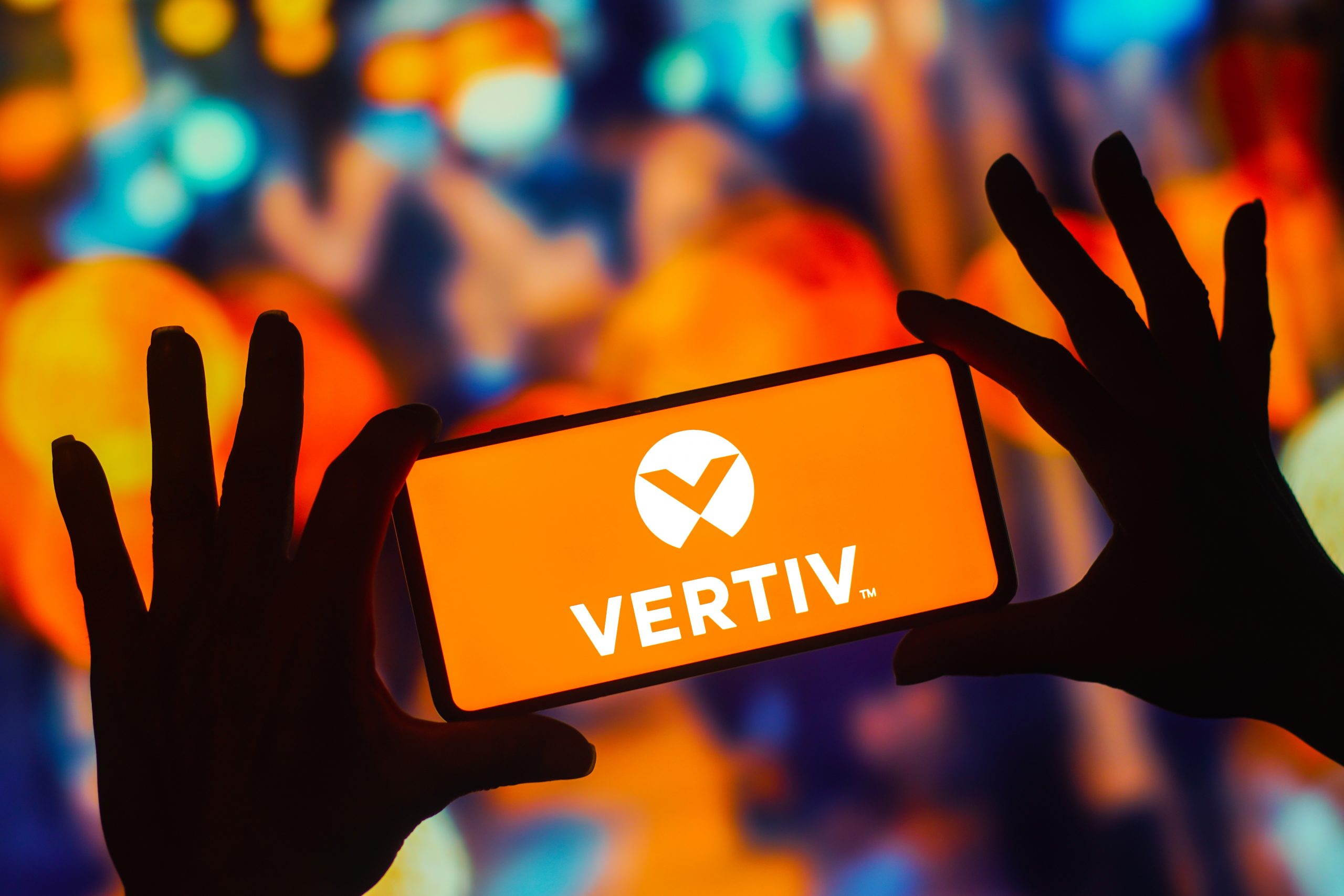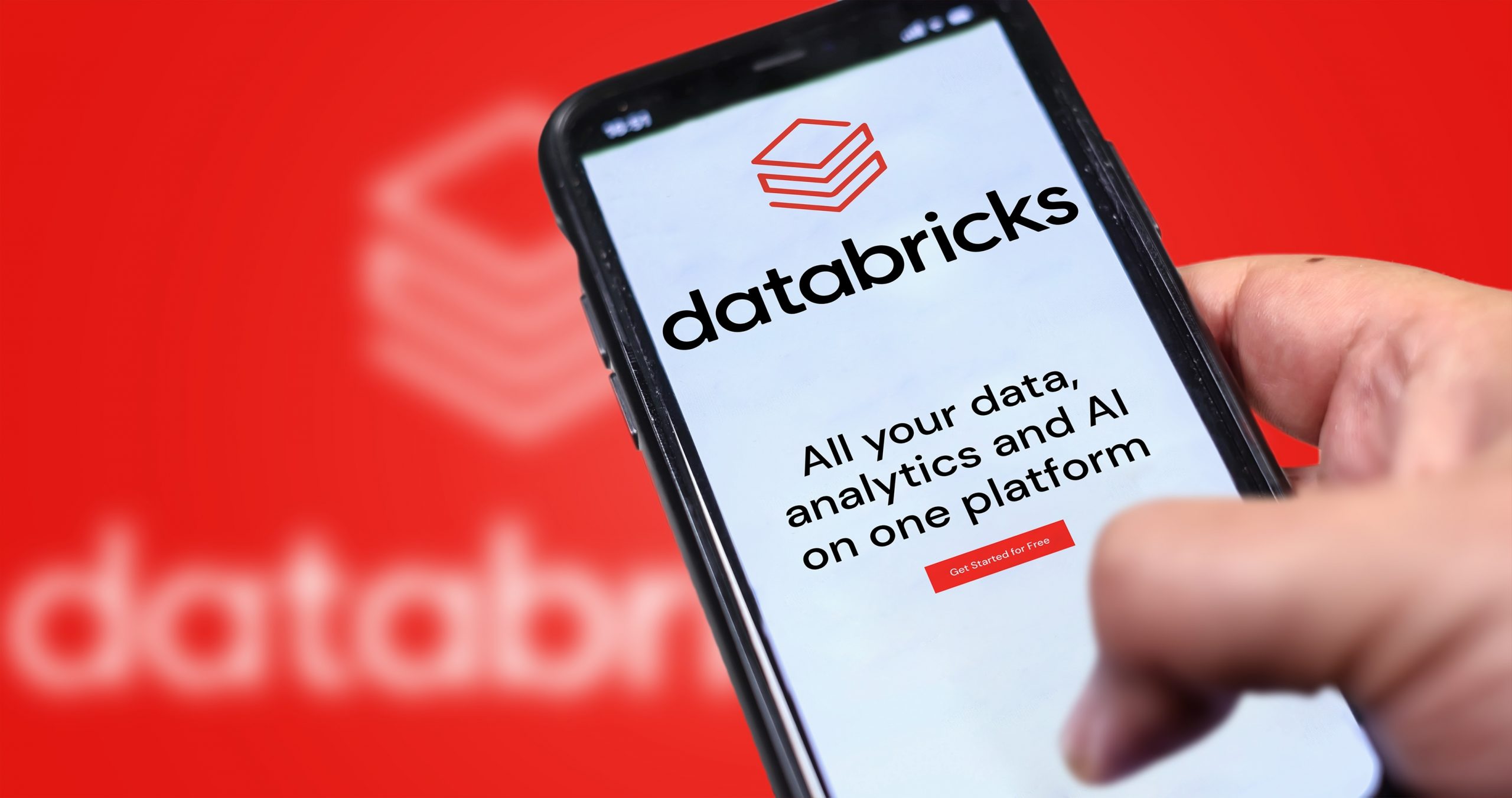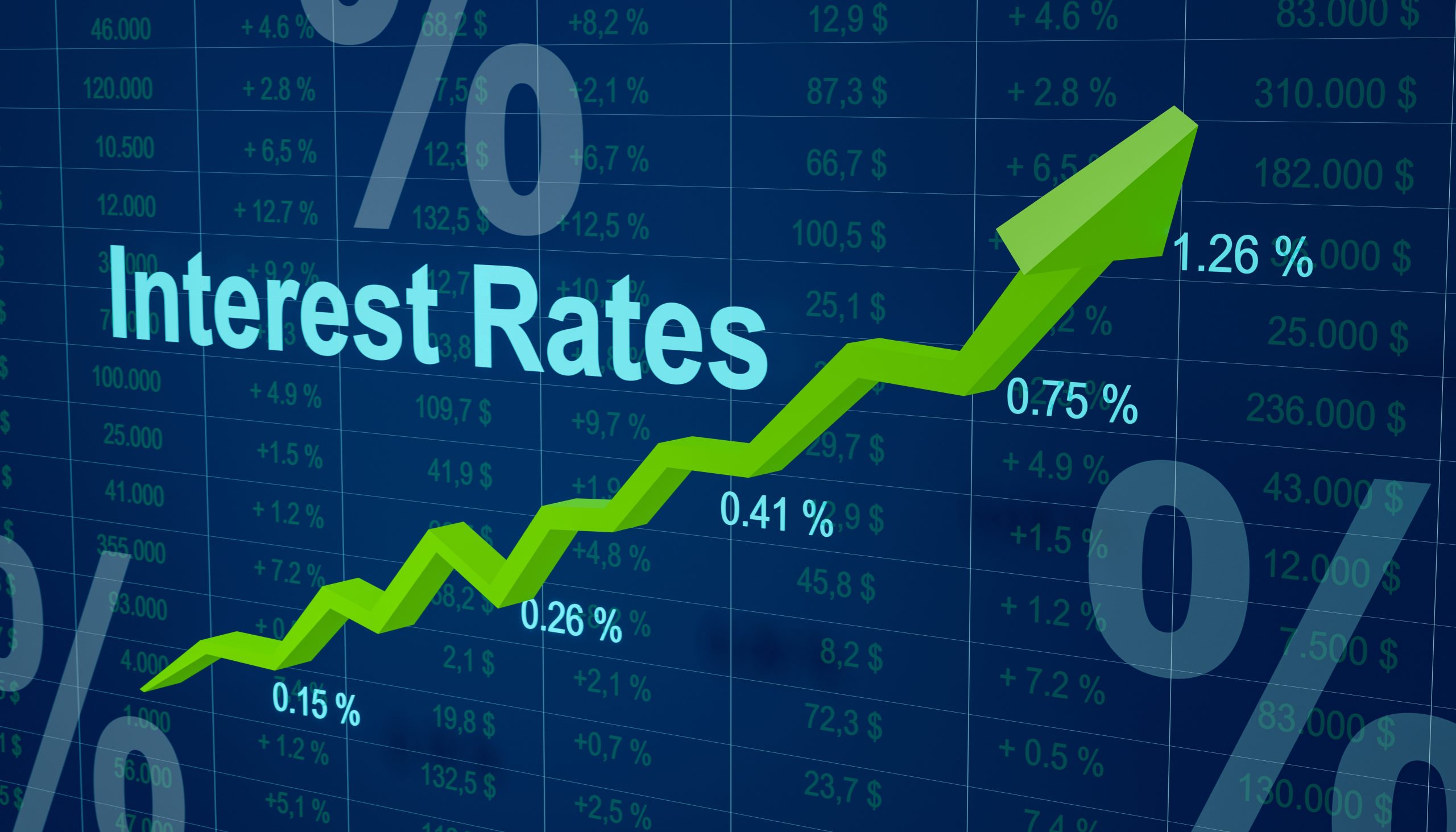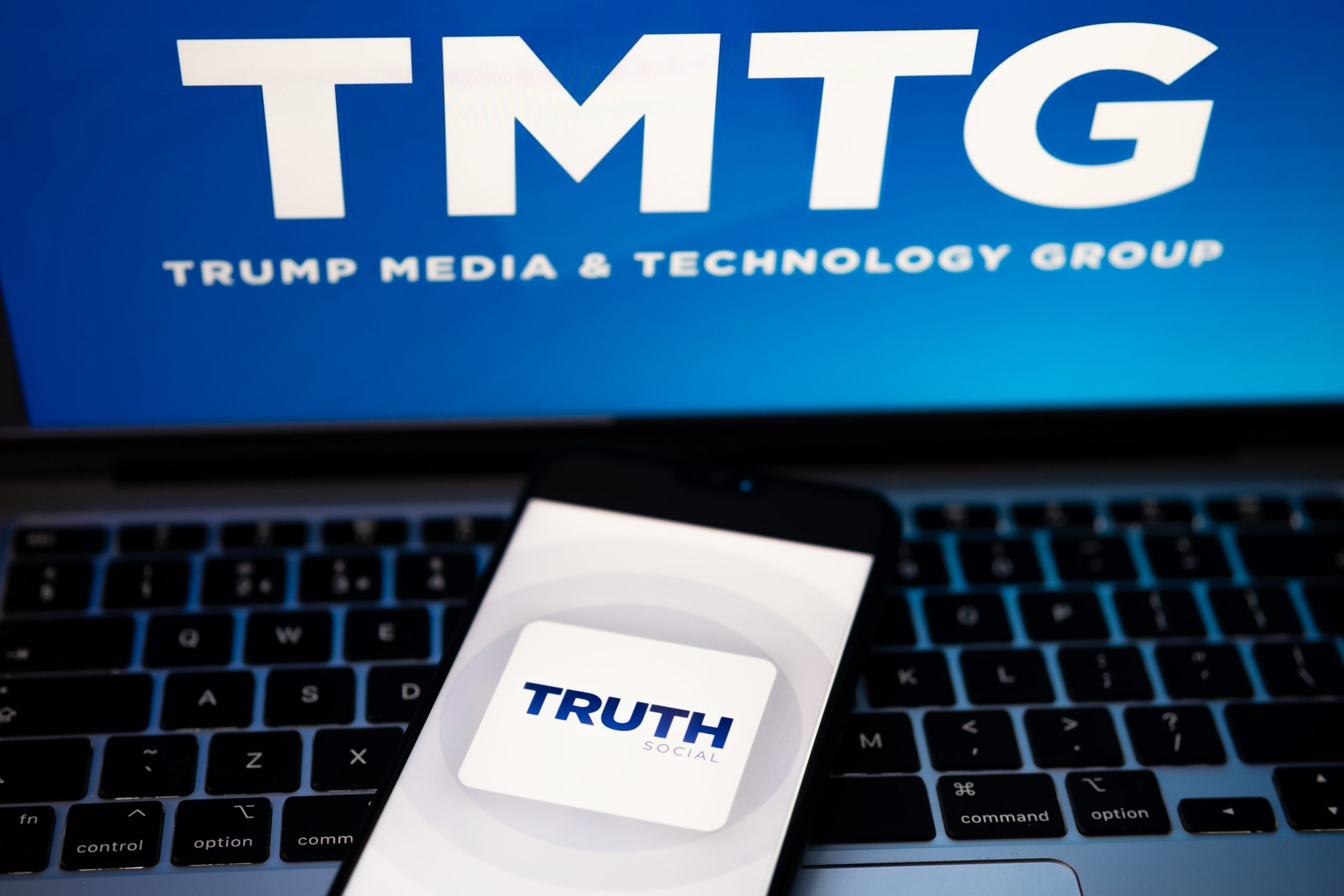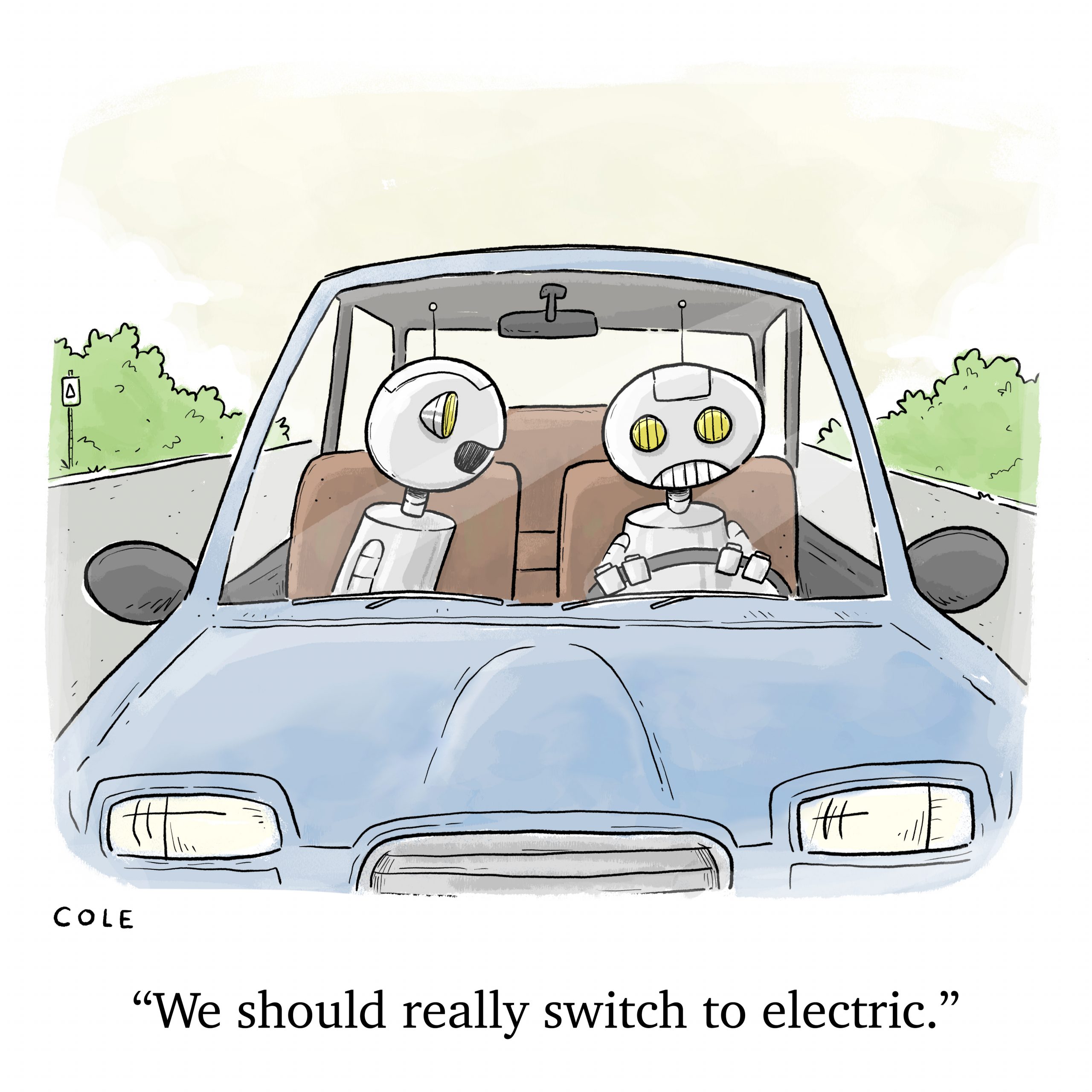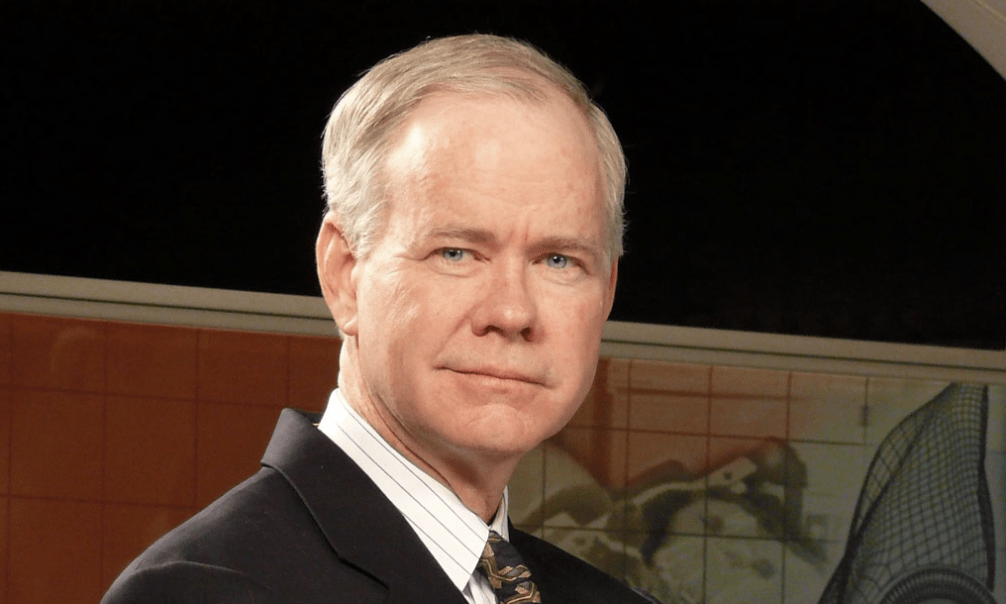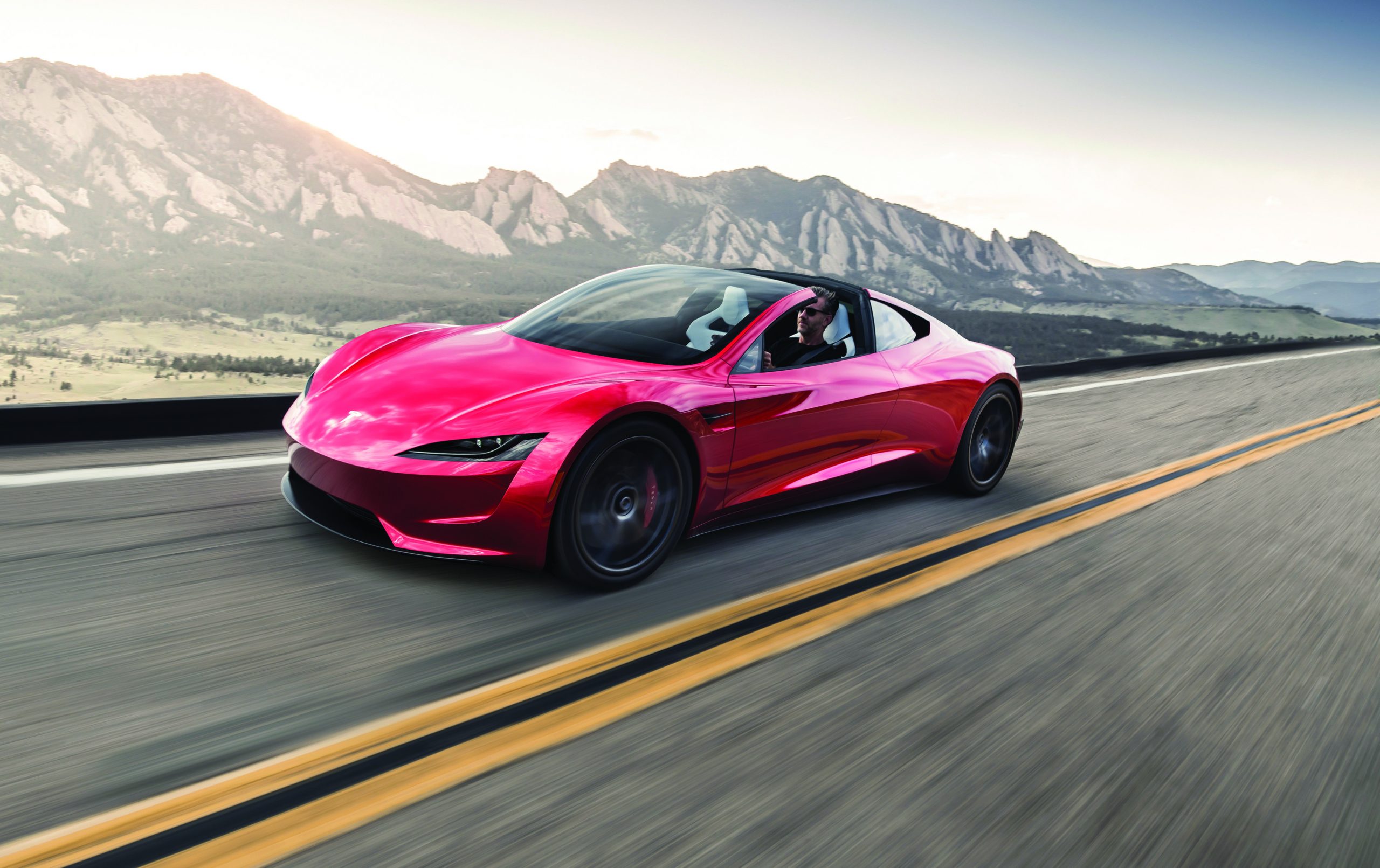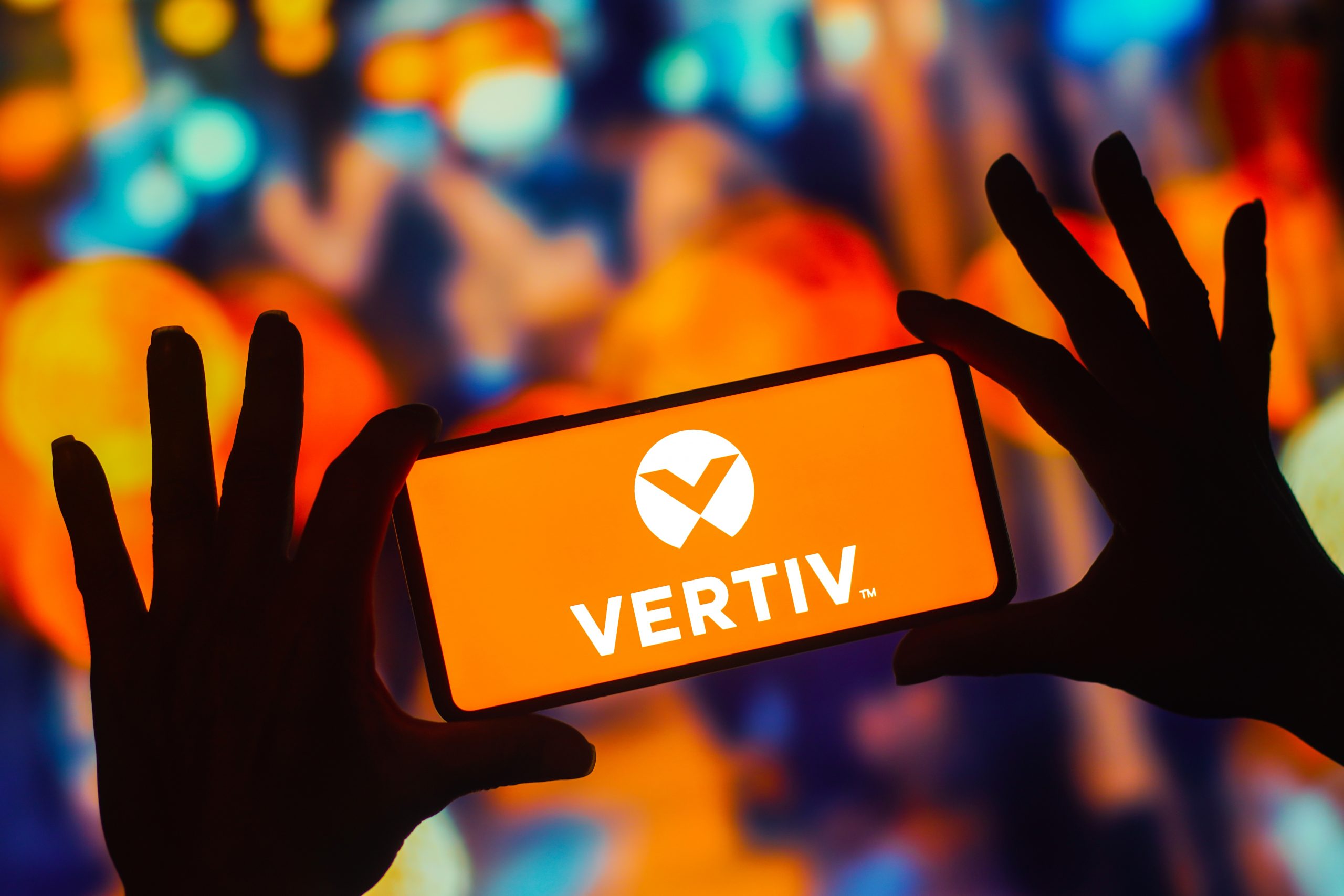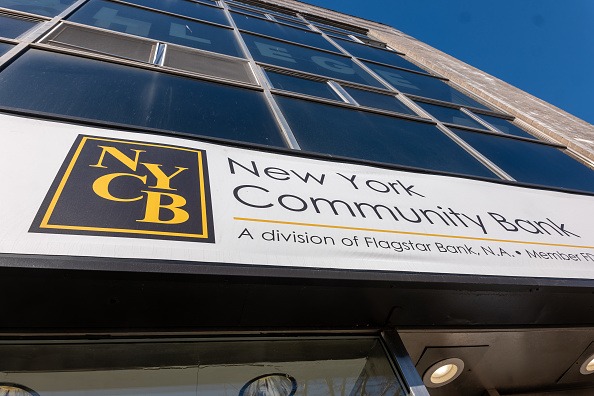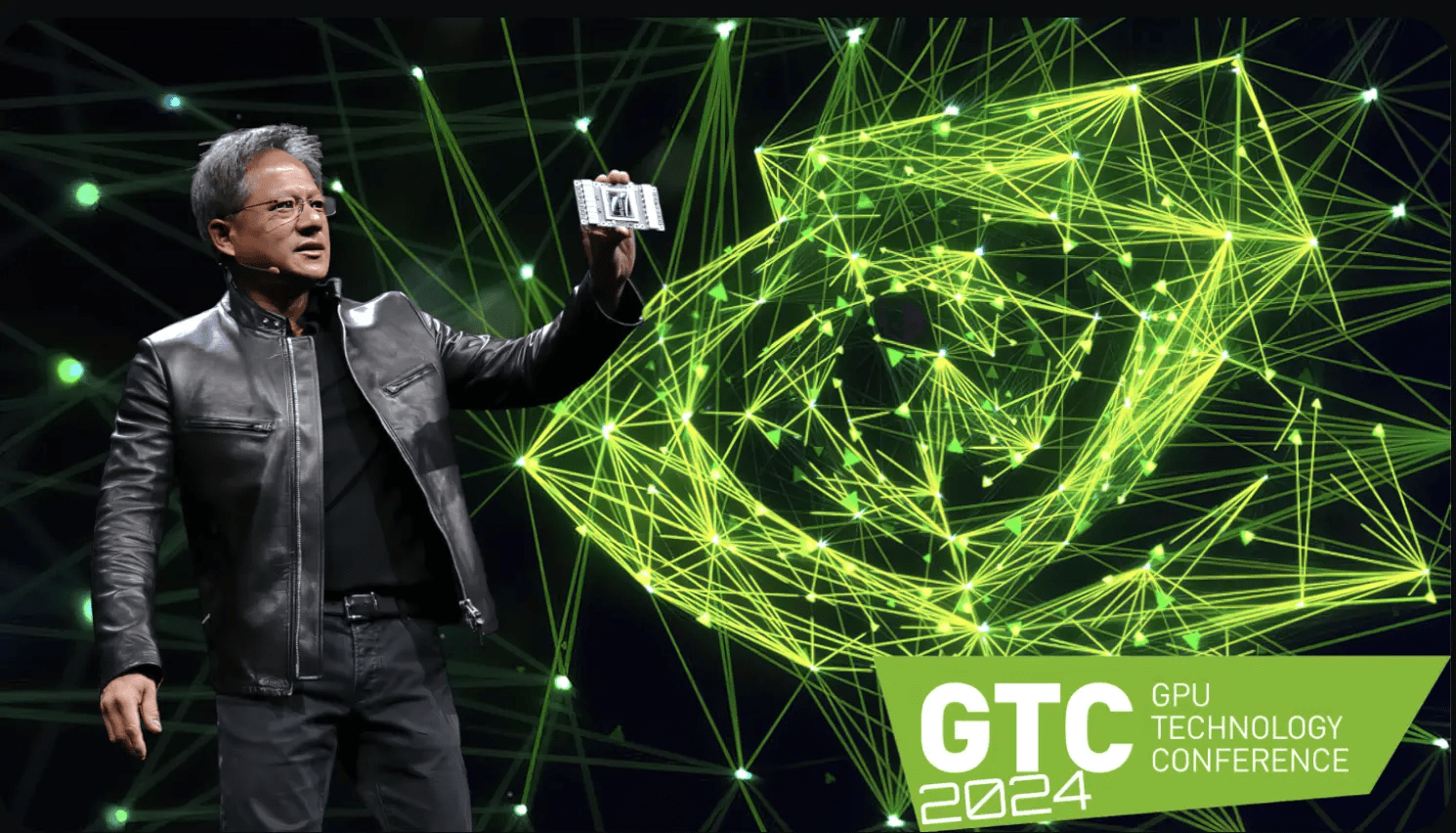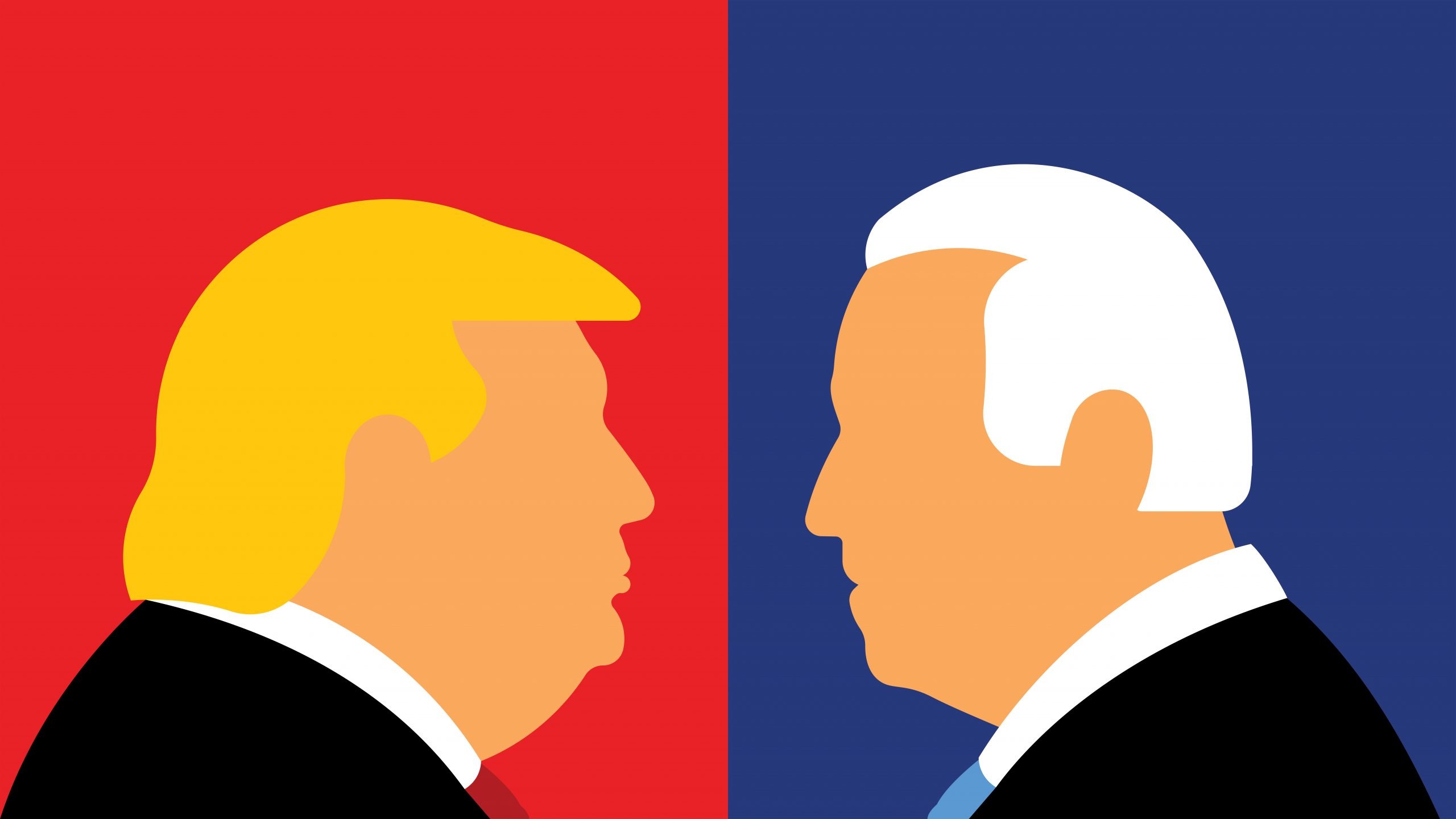Monopoly Capitalism Is Back
Google, Facebook and Amazon have great technology, but much of their success comes from regulatory and antitrust mistakes
In their new book, The Myth of Capitalism: Monopolies and the Death of Competition, authors Jonathan Tepper and Denise Hearn argue that capitalism is the greatest economic system in history but lament that “capitalism, without competition, is not capitalism.” In this excerpt from Chapter 5 of that book, they denounce monopoly power in Silicon Valley, a place where politicians and regulators apparently fear to tread.
Who will guard the guardians?
— Juvenal, Satire VI, lines 347–348
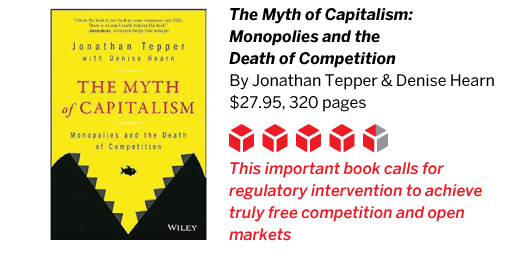
Given that Google is the door- way to the web, the search engine can effectively shut out competitors by demoting them or by taking their data. Google is using its dominance in one product area – universal search – to move into other markets. Economists call this “bundling,” which historically has been illegal.
Google’s power over what consumers see on the Internet is vast and extends far beyond the desktop search function. Its Android mobile operating system powers most smartphones in the world with a whopping 85% market share. It has tied the Android operating system to its own search engine, and it has tied Android to its own app store, effectively becoming the gatekeeper to what apps and companies consumers can access.
It uses its dominance in browsers to its own advantage as well. Its Chrome browser has 60% market share globally. Google’s Chrome browser will block certain types of online advertisements. It is also now effectively the gatekeeper to what kind of ads consumers can see. Mysteriously, the ads that are blocked are the kinds its competitors use, but not its own.
Google, Facebook, and Amazon owe much of their success to regulatory and antitrust mistakes
Google argues its new ad blocking is the work of a collective, industry-wide effort to get rid of annoying ads. However, through its dominant position with Chrome browsers, Google can block competitor ads and allow its own. They are creating a standard that doesn’t apply to them.
Google now controls nearly 90% of search advertising, and Facebook almost 80% of mobile social traffic. The two companies captured almost 90% of the digital advertising growth last year. An astonishing 45% of Americans get their news from Facebook. When you add Google, over 70% of Americans get their news from the two companies. The two companies have more information on their users’ likes, preferences, political beliefs and personal relations than any government spying agency, and they track users across the web with a complete history of what people see and search for.
In e-commerce, Amazon is by far the largest player, with an estimated share of 43%. Last year, Amazon accounted for 53% of all the incremental growth of online shopping. One study indicates that more than half of all product searches start on Amazon. They are already in a monopoly position in book sales. Amazon gets about 75% of e-book sales.
The scale of digital platforms puts them in a completely different category from the companies they compete against. Frank Pasquale, a professor of law and expert on digital platforms, has noted the tech behemoths are essentially functioning as governments now. “They are no longer market participants. Rather, in their fields, they are market makers, able to exert regulatory control over the terms on which others can sell goods and services. Moreover, they aspire to displace more government roles over time.”
Google, Facebook, and Amazon have great technology, but much of their current status and financial success comes from regulatory and antitrust mistakes. Amazon was allowed to buy dozens of e-commerce rivals and online booksellers to give it a monopsony position in the book industry. Google was able to buy its main competitor Doubleclick and vertically integrate online ad markets by buying advertising exchanges. Facebook was able to buy Insta- gram and Whatsapp with no regulatory challenges. In no small degree, nonexistent antitrust has allowed them to achieve their dominance.
Apple and Google determine what apps can be sold through the app stores on iPhones and Android, effectively regulating billions of phones. Facebook has more than two billion people and its completely opaque algorithm determines what posts are viewed and which are not. Google’s YouTube has restricted the speech of prominent conservatives and had their content censored or demonetized. In most cases they are not even given grounds for their punishment or a means of appealing it. Facebook’s Community Standards project puts the company in the position of deciding arbitrarily what speech is acceptable and what is not.
53% of millennials say the U.S. economy works against them
We may fool ourselves into think- ing that Facebook and Google use fair, impersonal algorithms to monitor speech. But algorithms are programmed by people, and people are imperfect and have biases. The left may be happy that conservatives are censored today, but who will control these platforms in five to 10 years? And who will prevent these giants from cooperating with countries that censor their own citizens?
Outright censorship is not so outlandish. According to the New York Times, Mark Zuckerberg has been learning Chinese. More important, the social network has quietly developed software to suppress posts from appearing in people’s news feeds in specific geographic areas. “The feature was created to help Facebook get into China, a market where the social network has been blocked.” Zuckerberg has supported and defended the effort. In 2014, Facebook complied with a Russian government demand to block access to a page support- ing Russian opposition leader Alexei Navalny.
These companies are effectively a government unto themselves. In legal circles, the term private government is most commonly associated with Robert Lee Hale. “There is government,” he wrote, “whenever one person or group can tell others what they must do and when those others have to obey or suffer a penalty.” Under Hale’s definition, the tech giants are effectively governments unto themselves.
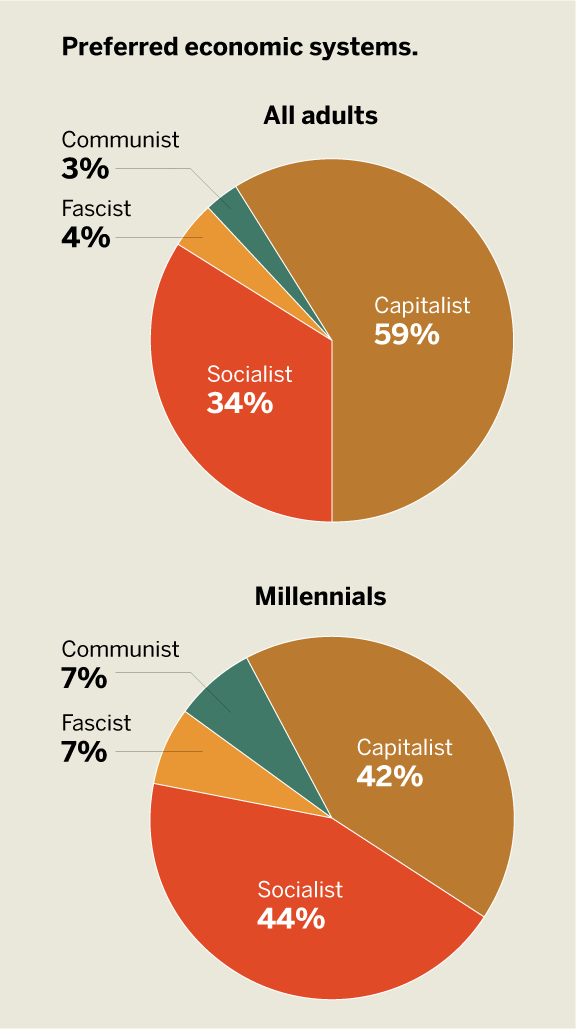
Under Pressure
Capitalism is facing a demographic headwind: Millennials
Given the choice, most Americans would choose to live in a capitalist country, but that’s not the case with millennials, according to the Annual Report on U.S. Attitudes towards Socialism conducted by the Victims of Communism Memorial Foundation.
Among millennials – the generation now 23 to 38 years old – 51% favor socialism or communism, compared with 42% who prefer capitalism, the study indicates.
“The significance of this finding cannot be overstated: the largest generation in America would rather live under socialism or communism than under a free market system,” said a report from YOUGUV, a public opinion firm that worked with the foundation to produce the report.
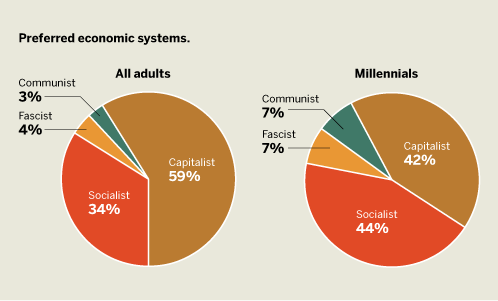
Under Pressure
Capitalism is facing a demographic headwind: Millennials
Given the choice, most Americans would choose to live in a capitalist country, but that’s not the case with millennials, according to the Annual Report on U.S. Attitudes towards Socialism conducted by the Victims of Communism Memorial Foundation.
Among millennials – the generation now 23 to 38 years old – 51% favor socialism or communism, compared with 42% who prefer capitalism, the study indicates.
“The significance of this finding cannot be overstated: the largest generation in America would rather live under socialism or communism than under a free market system,” said a report from YOUGUV, a public opinion firm that worked with the foundation to produce the report.
Jonathan Tepper founded Variant Perception, a research group for asset managers. Denise Hearn consults on economics and systems change.

